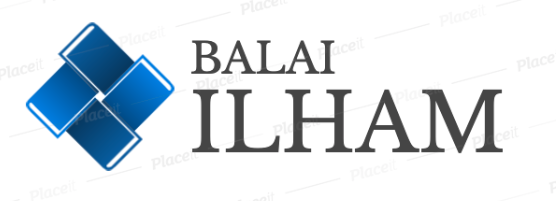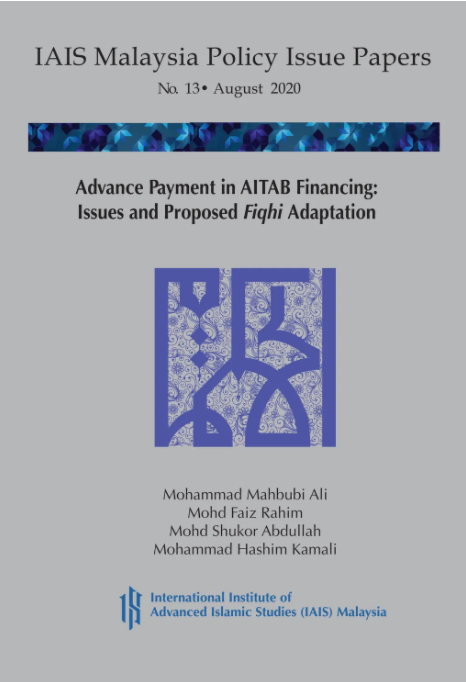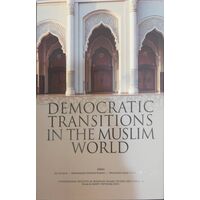PIP 13: Advance Payment in AITAB Financing: Issues and Proposed Fiqhi Adaptation
Author: Mohammad Mahbubi Ali, Mohd Faiz Rahim, Mohd Sukor Abdullah, Mohammad Hashim Kamali
Publisher: IAIS
ISBN:
Pages:
Year: 2020
Price: RM8
One of the innovations in Islamic banking products in Malaysia is the offering of Islamic hire purchase structure based on the combination of ijarah (leasing) and bay’ (sale), usually called under the acronym AITAB (al-ijarah thumma al-bay’). AITAB was designed to meet the demand for vehicle financing, which has similar features and characteristics with a conventional car loan, and governed under the same regulatory framework, namely the Hire Purchase Act 1967 (Amendments 2010) (“Act 1967”). AITAB is one of the most widely practiced Islamic banking products for vehicle financing in Malaysia and represents 12% of the total financing portfolio in Islamic banks (BNM, 2020). Nevertheless, the structure encounters a number of shariah and legal issues, one of which is the status of advance payment in AITAB from both legal and shariah perspectives. Under Act 1967, IFIs (Islamic financial institutions) shall collect a deposit from customers at a minimum of 10% of a vehicle’s price upon entering into a hire-purchase agreement (or signing the AITAB documents). The Shariah Advisory Council of Bank Negara Malaysia (SAC BNM) in its 69th meetings dated 27 July 2007 has resolved that the advance payment in AITAB may be construed as either hamish jiddiyyah (security deposit) or ‘urbun (earnest money). In practice, however, Islamic banks in Malaysia deal with advance payments in AITAB in diverse ways: some banks considered it as advance rent (‘urbun for ijarah), while others treated it as a security deposit (hamish jiddiyyah), and some did not even specify any takyif fiqhi, although remain abiding by the requirements stipulated by the Act 1967. This policy issue paper is a pioneer attempt to provide an objective and pragmatic approach to the issue of takyif fiqhi of the advance payment in AITAB, taking into consideration possible shariah adaptations, existing SAC BNM resolutions, and the provisions of Act 1967. The outcome of PIP is not, in any way, likely to challenge the SAC BNM resolution, instead, it attempts to elaborate it in a more proper context in terms of its application. Both could co-exist and complement each other. We hope that this policy issue paper provides a solution for Islamic banks in Malaysia in dealing with the issue of advance payment in AITAB. Allah knows best.








